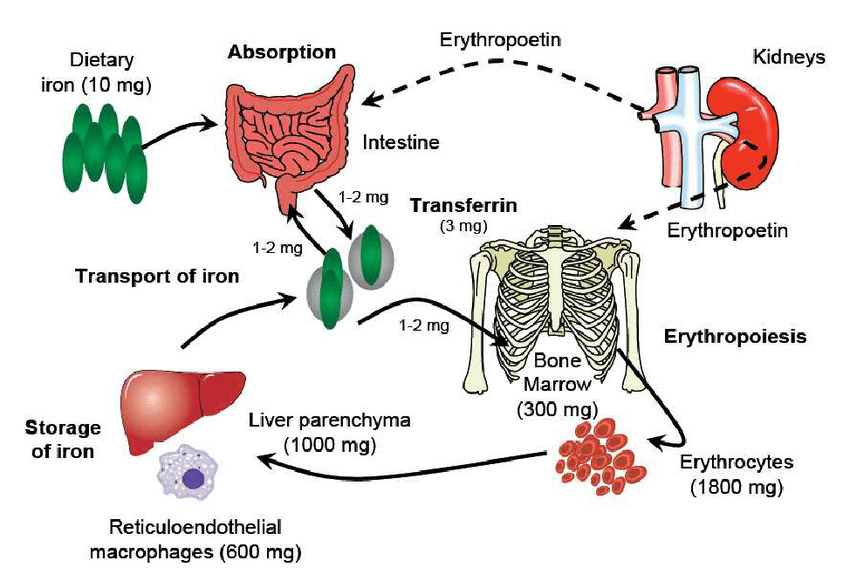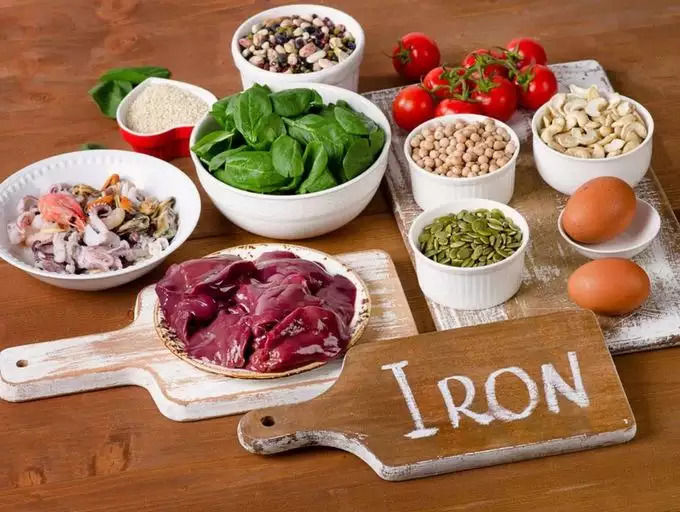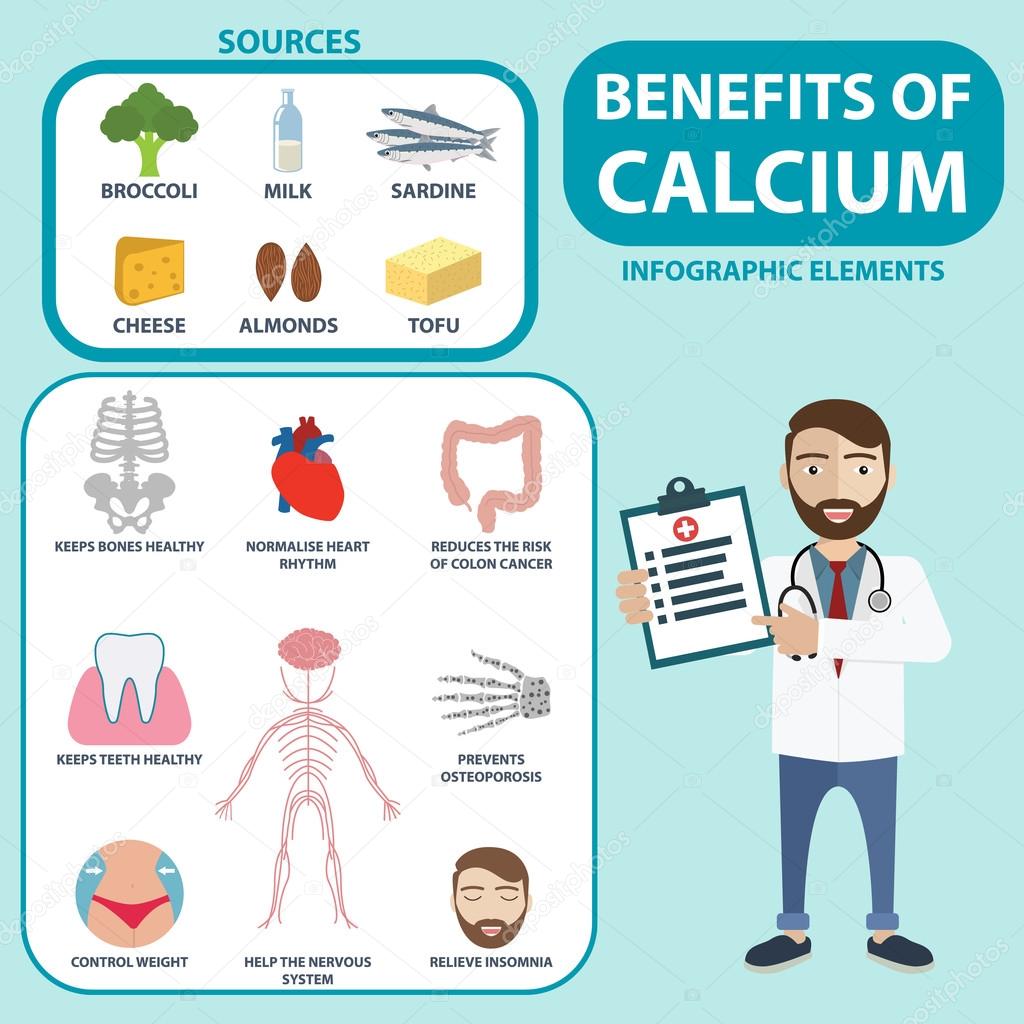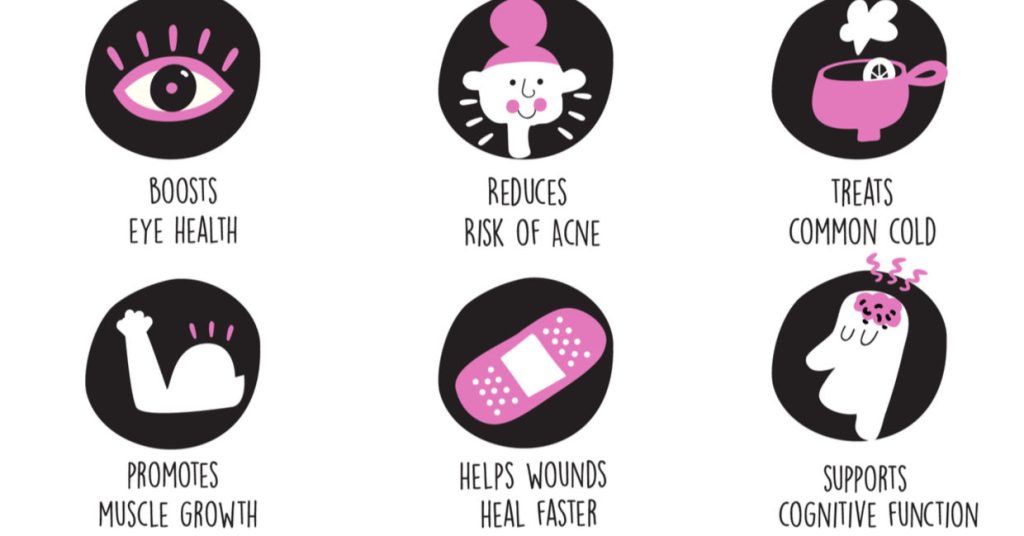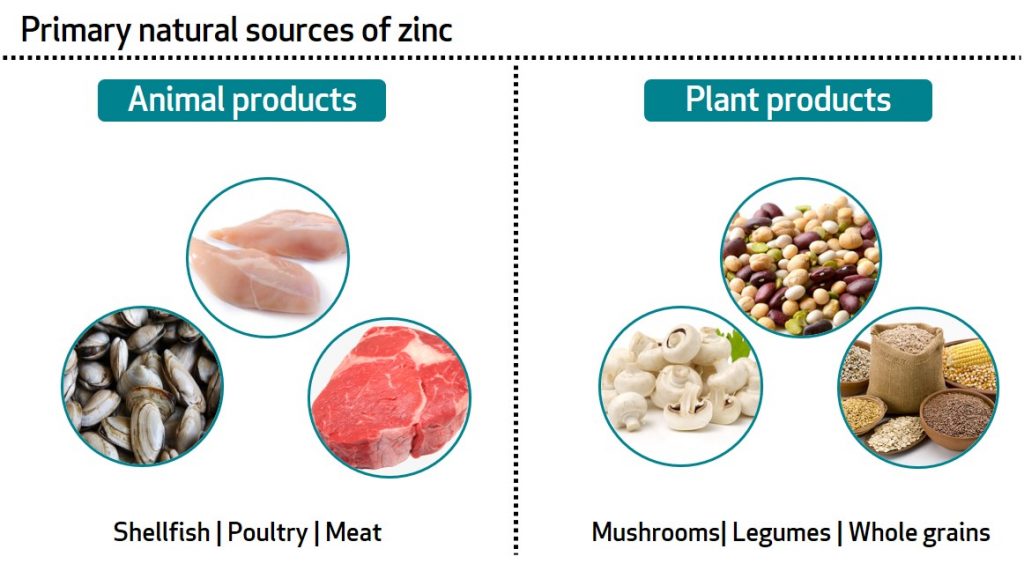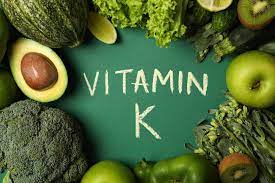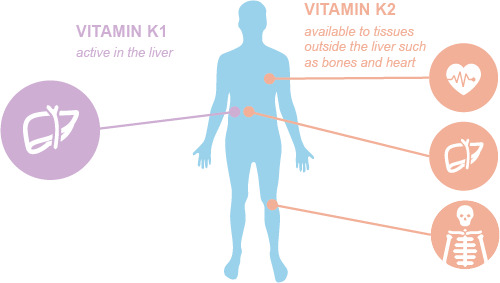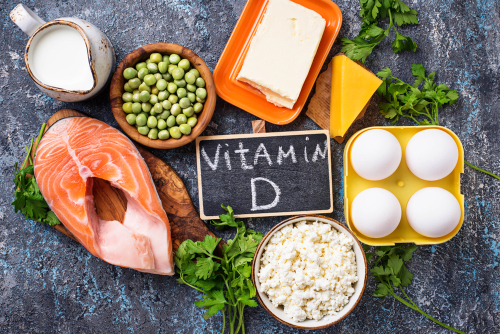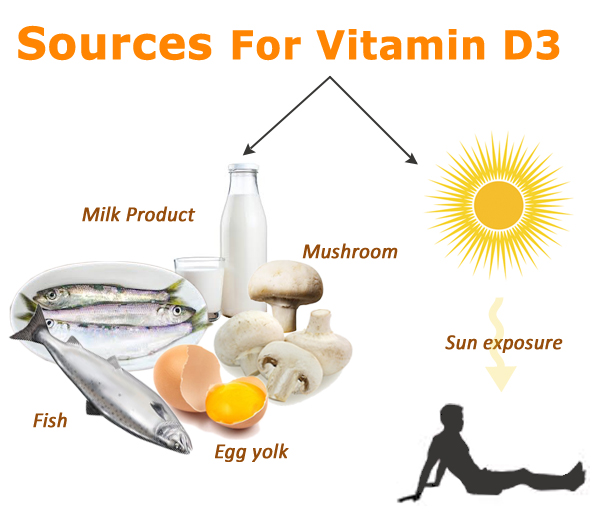How to improve Mineralization of Bones/Teeth with Fluoride?
Fluoride
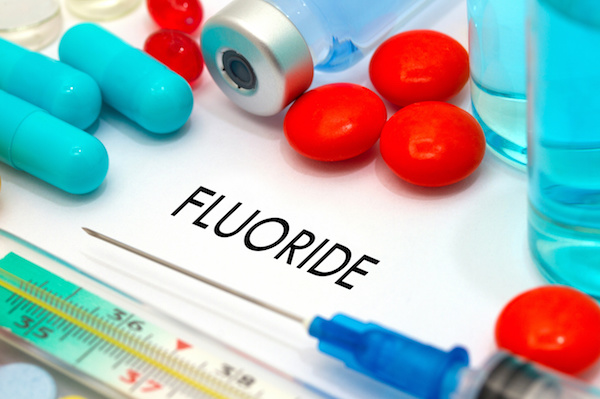
Fluoride is an inorganic monatomic anion of fluorine that is considered as one of the most important minerals necessary for a human body. About 99% of the total Fluoride of the body can be found in teeth and bones.
This mineral is necessary to maintain and improve the health of bones and teeth. It has a primary function to strengthen tooth enamel (outer layer of teeth) during its growth and development by protection against acids in saliva and also stimulates formation of new bones.
Fluoride generally promotes tooth demineralization and remineralization. It protects teeth from bacteria in plague. It also helps in improving the hardness and density of bones thereby improving stability. Fluoride is absorbed in the stomach and small intestine. Once it reaches the bloodstream, the mineral is rapidly launched into mineralized tissue i.e. bones and teeth.
Benefits of Fluoride
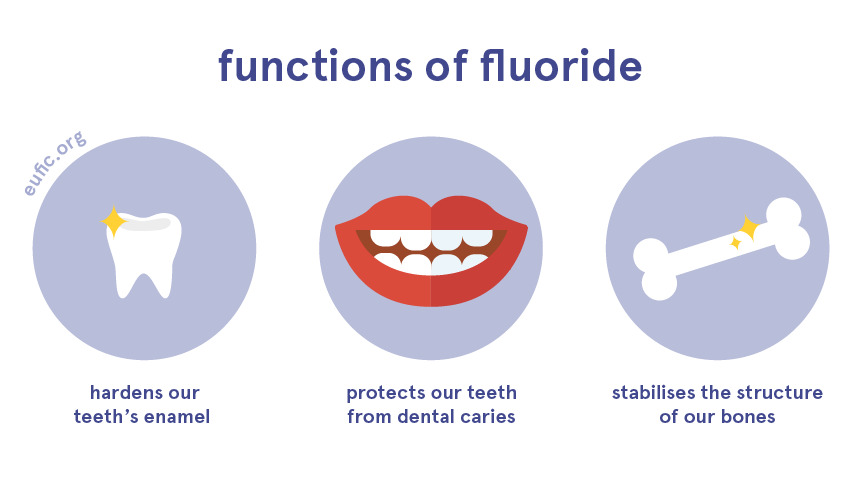
Although being a trace mineral for a human body, Fluoride is associated with several important growth and development roles that majorly deals in teeth and bones. Some of the important benefits include:
- maintains health of teeths and bones
- reverse early signs of tooth decay
- remineralize weakened tooth decay.
- prevent growth of harmful bacterias in mouth
- resists the loss of minerals due to tooth decay.
Natural sources of Fluoride
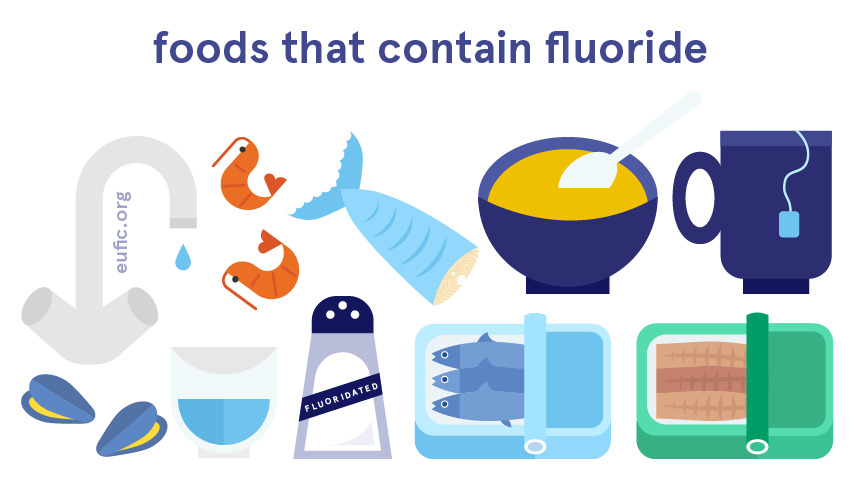
Fluoride is a kind of mineral that a human body cannot produce on its own. There are a number of natural sources of soil, plant, water, food, etc, that consist of traces of fluoride in them such as:
- ground water
- black tea
- bottled water with added fluoride
- raisins
- grape in any form
- rice
- pork
- lamb
- Corn
- tuna
- cooked beef
- tortilla flour
- yogurt
- cottage cheese
- potatoes
- oatmeal
- shrimp
- coffee
Fluoride can also be found in air but in negligible quantities.
Beneficial Amount of Fluoride intake
Fluoride is a kind of mineral that a human body is unable to produce on its own. A beneficial amount of this mineral for an individual is generally classified on the basis of age, gender, and medical conditions such as:
For Infants:
- for babies below 6months old, 0.01 mg of fluoride if needed
- 0.5 mg of fluoride is beneficial for babies between 7-12 months old.
For Children:
- 0.7 mg of fluoride daily for toddlers between 1-3 years.
- 4-8 years of children need 1 mg of fluoride per day.
- children between 9-13 years of age demand 2 mg of fluoride daily
For Females:
- 14-18 year olds need 3 mg of fluoride daily.
- Adults need 3 mg of fluoride everyday.
- pregnant females need 3 mg/day of fluoride.
- lactating females need 3 mg/day of fluoride.
For Males:
- 14-18 year olds need 3 mg of fluoride daily
- Adults need 4 mg of fluoride everyday.
REFERENCES:
- https://www.verywellhealth.com/fluoride-health-benefits-4570994
- https://www.webmd.com/vitamins/ai/ingredientmono-1068/fluoride
- https://www.eufic.org/en/vitamins-and-minerals/article/fluoride-foods-functions-how-much-do-you-need-more
- https://www.who.int/water_sanitation_health/dwq/nutfluoride.pdf?ua=1
- https://www.mouthhealthy.org/en/az-topics/f/fluoride
- https://www.eufic.org/en/vitamins-and-minerals/article/fluoride-foods-functions-how-much-do-you-need-more
- https://bonhamdental.com/blog/why-is-fluoride-in-our-water/
For more details, kindly visit below.

